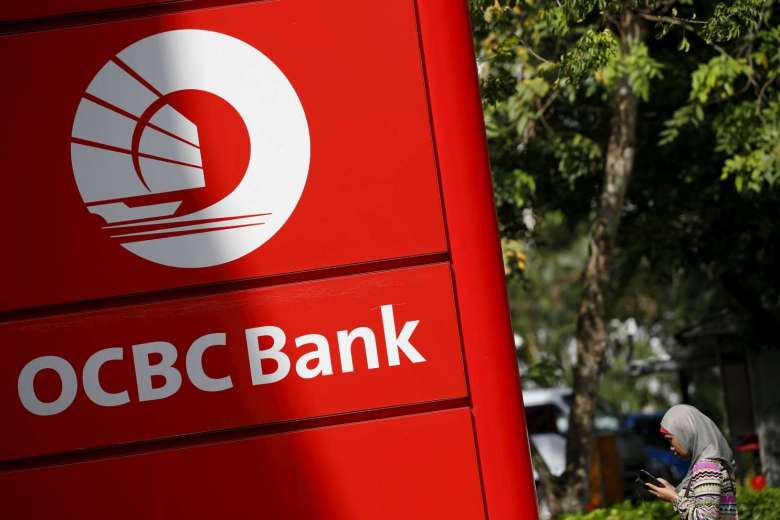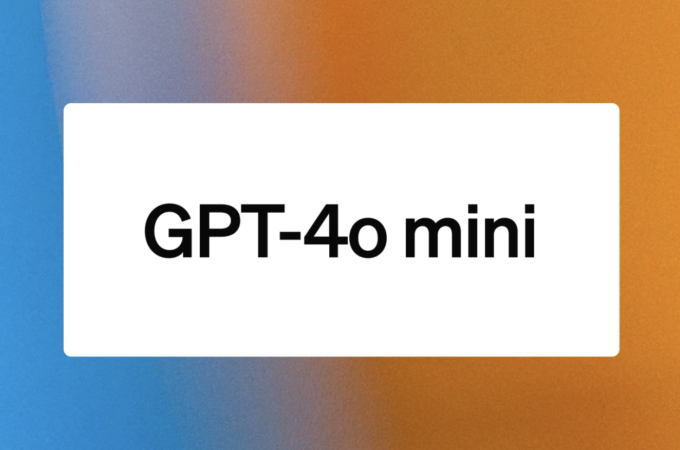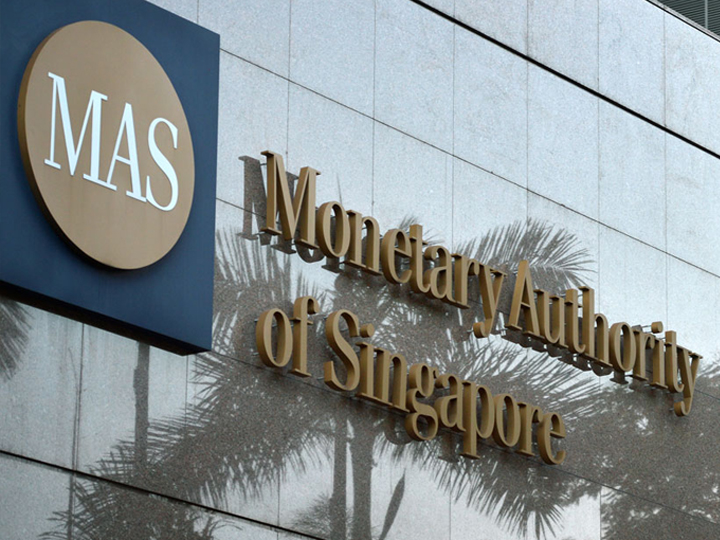
OCBC is first bank in Singapore to offer banking data in open format to spur app development
By Irene Tham for StraitsTimes
SINGAPORE – OCBC Bank has released banking data such as foreign exchange rates and ATM locations in an open format to encourage third-party app developers to create an Uber-equivalent in the financial sector.
This is the first time a bank in Singapore is releasing application programming interfaces (APIs) for the data it holds.
APIs are the building blocks for many notable apps including Uber and Grab that allow people to hail a ride.
APIs’ open format allows data, such as a vehicle’s exact location on Google Maps, to be automatically extracted by machines, and overlaid with other services such as messaging. Without automatic extraction, data would have to be entered manually and updates would not be in real-time.
OCBC’s APIs are available on its newly-launched developer portal Connect2OCBC. Branch locator and smart card adviser APIs are also available on the portal. The latter informs users the OCBC credit cards that provide discounts at restaurants, for instance.
He added the bank hopes to spur innovation that would ultimately benefit consumers.
The move to make data more “machine-readable” underpins Singapore’s ambition to be a smart nation, where citizen needs are promptly gathered and answered.
In March, the Monetary Authority of Singapore (MAS) urged local banks to use APIs to publish their data to allow third-party app developers to build more useful apps for the community.
MAS said banks could publish, for instance, real-time exchange rate in API format rather than in PDF, which cannot be read by machines. Third-party app developers could then build an app that automatically makes forex conversions and income-tax filings so businesses need not manually convert their accounts to local currency.
First appeared at ST




